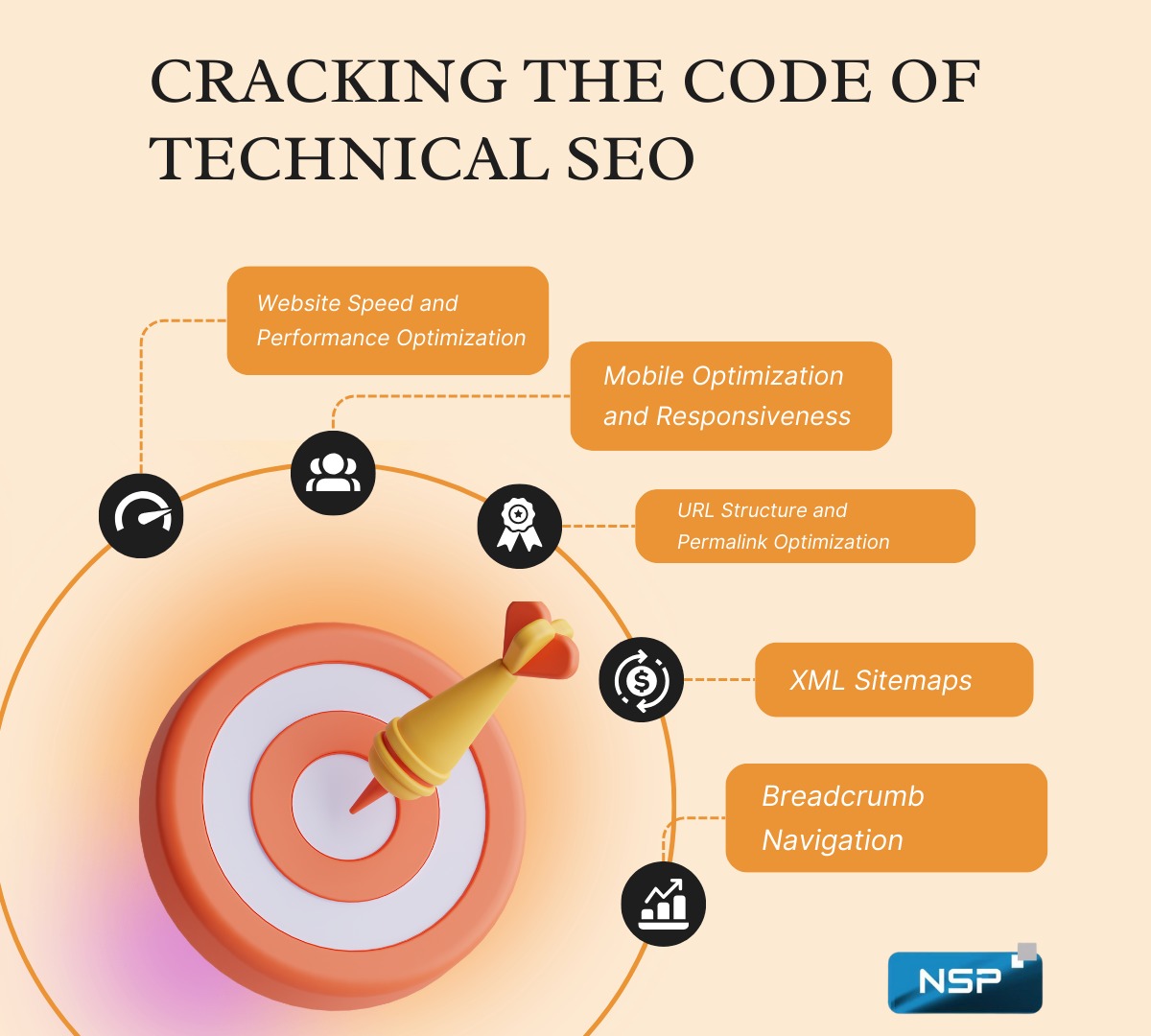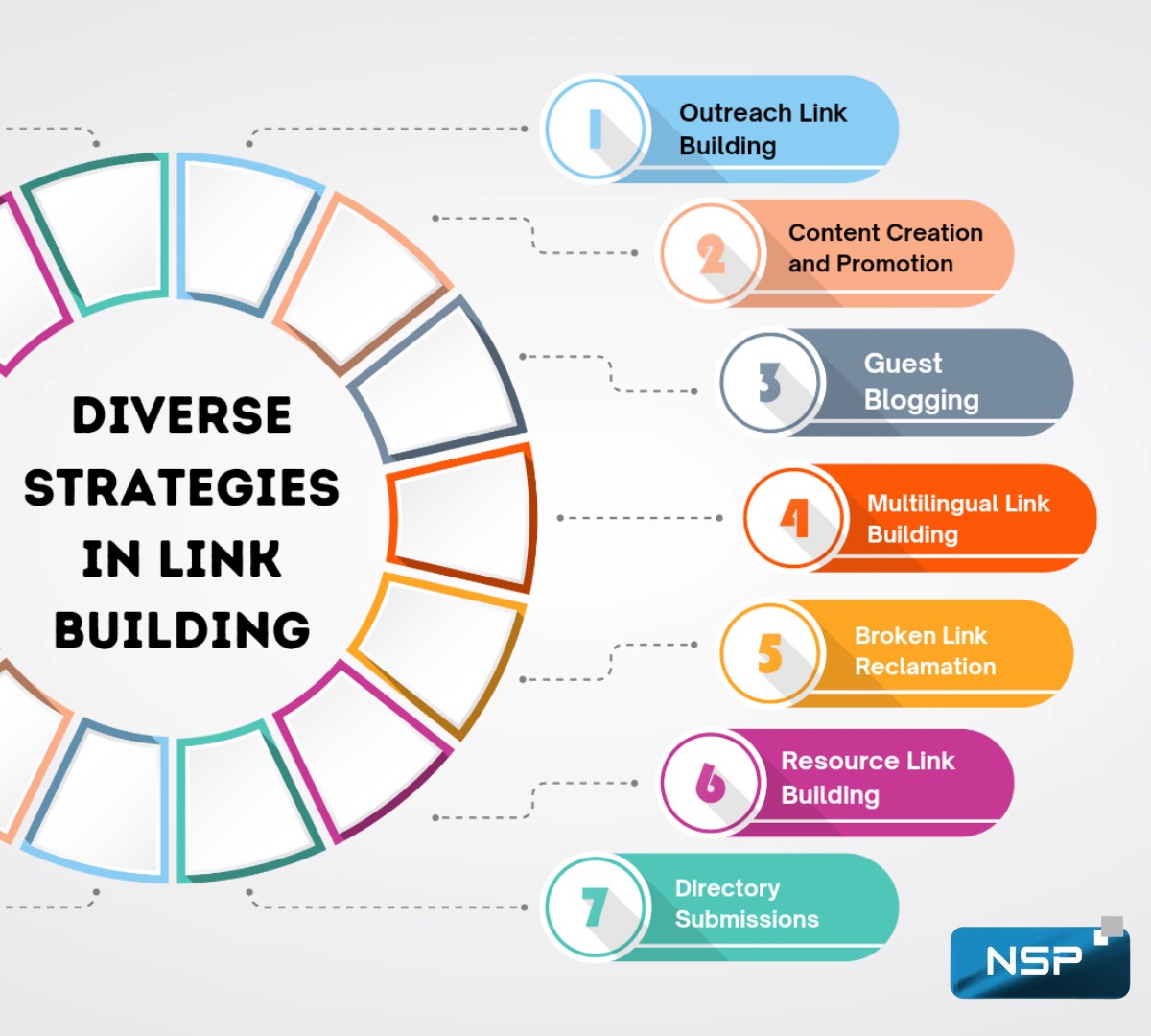

In the digital age, online education has become increasingly popular, offering flexible learning opportunities to students worldwide. However, with the growing number of online education providers, it is essential for institutions to implement effective search engine optimization (SEO) strategies to stand out from the competition.
As the demand for online education continues to rise, it is crucial for institutions to optimize their online presence. Prospective students heavily rely on search engines to find reputable online education providers. By implementing SEO strategies, online education institutions can increase their visibility in search engine results, attract more qualified leads, and ultimately boost enrollment numbers.
Implementing SEO techniques offers several benefits to online education providers. Higher search engine rankings allow institutions to appear prominently in relevant search results, increasing their exposure to prospective students. Improved visibility leads to increased organic website traffic, attracting more qualified leads and potential students. By optimizing website content and user experience, institutions can enhance engagement and credibility, fostering trust and increasing conversion rates. SEO also allows online education providers to target specific demographics and niche audiences effectively.
To achieve effective SEO results, online education providers should implement a comprehensive set of strategies. Thorough keyword research and optimization allow institutions to target relevant search queries and appear in front of their target audience. On-page optimization techniques, such as optimizing meta tags and headings, improve the visibility and relevance of online education websites. Creating valuable and informative content, including blog articles, guides, and videos, not only engages prospective students but also drives organic traffic. Building high-quality backlinks from reputable educational websites and industry influencers helps establish authority and credibility. Leveraging social media platforms and online communities amplifies brand visibility and fosters engagement with the target audience.
By implementing effective SEO strategies, online education providers can expect significant outcomes. Higher search engine rankings result in increased visibility, making it easier for prospective students to discover and consider the institution. Improved website visibility and exposure attract more qualified leads, resulting in a higher likelihood of student inquiries and enrollments. A well-optimized website enhances user experience and credibility, fostering trust and improving conversion rates. Ultimately, effective SEO implementation contributes to increased enrollment numbers and the growth of the online education institution.
Choosing NSP as your trusted SEO partner ensures you have access to a team of experts experienced in online education SEO. We understand the unique challenges and opportunities that online education providers face in the digital landscape. Our tailored strategies are designed to meet your institution-specific goals, ensuring maximum results. With transparent reporting and measurable outcomes, you can track the progress of your SEO campaigns. Our dedicated support and expert guidance ensure that your online education institution thrives in the competitive online education market.

Online education providers can optimize their website content by conducting thorough keyword research, incorporating relevant keywords into their web pages, creating valuable and informative content, ensuring proper on-page optimization techniques, and offering a seamless user experience.
Online education providers can build high-quality backlinks by reaching out to relevant educational websites, partnering with industry influencers and thought leaders, contributing guest posts on reputable platforms, and engaging in content marketing collaborations.
Online education providers can leverage social media platforms by sharing valuable content, engaging with their target audience through conversations and discussions, running targeted ad campaigns, and utilizing social listening tools to understand and respond to student needs and preferences.
Online education providers should ensure that their websites are mobile-friendly, with responsive design and fast loading times. They should prioritize user experience by optimizing website navigation, providing clear calls-to-action, and offering accessible and intuitive course registration and enrollment processes.
Online education providers can measure the success of their SEO efforts by tracking key metrics such as organic website traffic, keyword rankings, conversion rates, bounce rates, and time on page. They can utilize web analytics tools to gain insights into user behavior and make data-driven decisions to optimize their SEO strategies.


